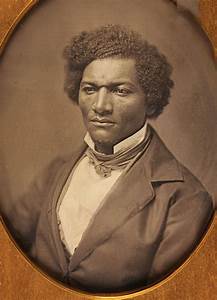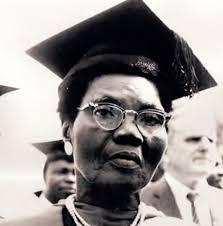It’s February aka “Black history month” and a very good “excuse” for me to spotlight black people. This blogpost would be me shining a spotlight on black people across the diaspora that I think, deserve more attention than they are currently getting.
Ida Bell Wells: Was born into slavery in Holly Springs, Mississipi, on July 16, 1892. She is the eldest child of James Madison Wells and Elizabeth Warrenton. Wells was freed by the Emancipation Proclamation during the American Civil war. She went on to co-own Memphis Free Speech and Headlight newspaper. Her reports covered cases of racial segregation and inequality. She was also one of the founders of the National Association for the Advancement of Colored People (NAACP).
In the 1890s, she documented lynching in the United States in articles and through her pamphlet called Southern Horrors: Lynch law in all its phases, investigating frequent claims of Whites that lynchings were reserved for Black criminals only. A White mob destroyed her newspaper office and presses as her investigative reporting was carried nationally in Black-owned newspapers.
She was also active in women’s rights and the women’s suffrage movement. She married Ferdinand L. Barnett in 1895 and had a family while continuing her work writing, speaking, and organizing for civil rights and the women’s movement for the rest of her life. She died on March 25, 1931.

“I felt that one had better die fighting against injustice than to die like a dog or rat in a trap. I had already determined to sell my life as dearly as possible if attacked. I felt if I could take one lyncher with me, this would even up the score a little bit”
Ida B. Wells
Fredrick Douglass: Frederick Douglass is an American social reformer, writer, abolitionist, orator, and statesman who was born in February 1818. He escaped slavery and became the leader of the abolitionist movement in Massachusetts and New York. He spoke against segregation both in the church, he then went on to attend the African Methodist Episcopal church; an independent black denomination church first established in New York City, which counted members like Sojourner Truth and Harriet Tubman.
In 1847, Douglass started publishing his first abolitionist newspaper, the North Star, from the basement of the Memorial AME Zion Church in Rochester, New York. He also actively supported women’s suffrage, and he was a firm believer in the equality of all people. He was also a believer in dialogue and in making alliances across racial and ideological divides. When radical abolitionists, under the motto “No Union with Slaveholders,” criticized Douglass’ willingness to engage in dialogue with slave owners, he replied: “I would unite with anybody to do right and with nobody to do wrong. He died on February 20th, 1895 as the most photographed man of his time.

“If there is no struggle, there is no progress. Those who profess to favor freedom, and yet depreciate agitation, are men who want crops without plowing up the ground. They want rain without thunder and lightning. They want the ocean without the awful roar of its many waters. This struggle may be a moral one, or it may be a physical one, or it may be both moral and physical, but it must be a struggle. Power concedes nothing without a demand. It never did and it never will.”
Fredrick Douglass
Funmilayo Ransome Kuti: Chief Funmilayo Ransome-Kuti (born Frances Abigail Oluwafunmilayo Thomas) was born on the 25th of October 1900 in Abeokuta, Nigeria to Chief Daniel Olumeyuwa Thomas (1869–1954), a member of the aristocratic Jibolu-Taiwo family, and Lucretia Phyllis Omoyeni Adeosolu (1874–1956). She was the first female student to attend Abeokuta Grammar School. She worked as a teacher, organizing some of the first preschool classes in the country and arranging literacy classes for lower-income women as a young adult.
In the 1940s, she established the Abeokuta Women’s Union and fought for women’s rights, demanding better representation of women in local governing bodies and an end to unfair taxes on market women. She led marches and protests of up to 10,000 women, forcing the ruling Alake ( a traditional ruler) to temporarily abdicate in 1949. Shetook part in the Nigerian independence movement, attending conferences and joining overseas delegations to discuss proposed national constitutions. Spearheading the creation of the Nigerian Women’s Union and the Federation of Nigerian Women’s Societies, she advocated for Nigerian women’s right to vote. She was also the first woman to drive a car in Nigeria.
She was often described by the media as the “ Lioness of Lisabi”.In her later years, she supported her sons’ criticisms of Nigeria’s military governments. She died on the 13th of April 1978, aged 77 after receiving injuries from a military raid on the family property.

“As for the charges against me, I am unconcerned. I am beyond their timid lying morality and so I am beyond caring.”.
Funmilayo Ransome-Kuti

